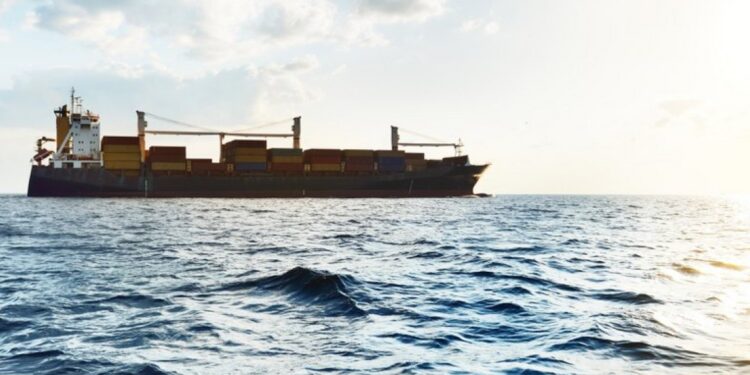Fintraffic´s Vessel Traffic Services has signed a service agreement with Awake.Ai Oy for the new Port Call Time Stamp and Estimation Service.
This is a time data service for port operators and authorities, and the technical implementation of the project will be carried out in Finland.
The new port call schedule service will improve the competitiveness of Finnish maritime logistics, boost the efficiency of port operators’ routine activities, support the development of automation, help to anticipate exceptional circumstances, and reduce environmental emissions.
The importance of time data for shipping has been taken into account in both national transport system plans and the government’s decision-in-principle on the digitalisation of logistics. The port call schedule service will now enable us to implement this on a practical level
stated says Olli Soininen, Programme Manager at Fintraffic´s Vessel Traffic Services.
Furthermore, as Kimmo Kummala, Project Manager and Vice President of Engineering at Awake.Ai, the new port call schedule service will provide the necessary APIs from which port operators can obtain time data for use in their own systems.
There have long been attempts to tackle the challenges posed by data management in maritime logistics. Before the working group was established, a preliminary study was carried out to collate existing research and reports and to identify any overarching needs. Time data clearly took centre stage
adds Katariina Kalatie, Chief Advisor, Ship Technology and Marine Environment at Traficom.
What is more, the new service will be based on data analysis through machine learning. The forecasts will be influenced by many factors that will be analysed using global AIS messages. In addition to automatic classifications, such as where a ship is coming from and where it is going, a ship’s estimated time of arrival will be influenced by many variable factors, such as its speed and route, the weather and the ice situation.
By using machine learning, the service will also remember what has happened in the past and how various factors have affected a ship’s arrival time. Artificial intelligence will therefore learn the normal deviations for a particular locality and adjust its calculations accordingly. This will reduce data fragmentation and generate more accurate schedules.
The new port call schedule service will be introduced this autumn, after a test phase. The service will first be introduced at Finnish ports, but can in practice be used anywhere.






























































